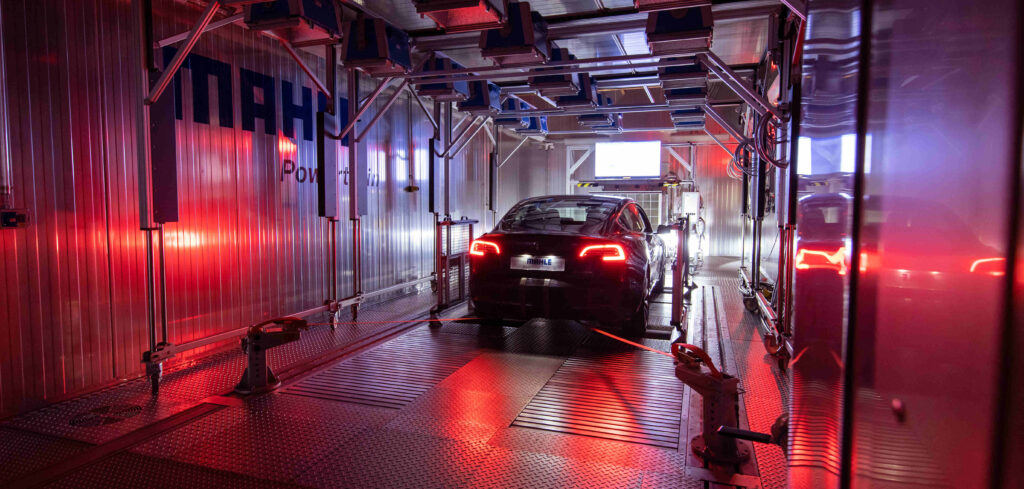Mahle Powertrain has completed the construction of two new facilities in Northampton, UK, the result of a £15m (US$17.9) investment over the last five years. The company says this will deliver much-needed testing capability as the automotive industry accelerates its transition towards decarbonized propulsion. The purpose-built facilities will allow Mahle to test vehicles, batteries and hydrogen technologies under even the most extreme simulated environmental conditions.
“We’re extremely proud of our new test facilities which complement our end-to-end development process,” said Simon Reader, director of engineering services at Mahle Powertrain. “As the industry accelerates the development of a new generation of vehicles that will offer carbon-neutral solutions for the transport sector, it creates a huge demand for testing facilities. Our new center has been designed with both battery and future-fueled vehicles in mind and provides a spread of capabilities that is almost unique anywhere in the world.”
Mahle’s new Vehicle Development Centre (VDC) will allow manufacturers to test both two- and four-wheel-drive vehicles in a variety of conditions and circumstances, all without the need for a grueling program of international travel. The facility can replicate the conditions found in the coldest arctic climates and the hottest arid deserts, the humidity of a tropical rainforest or the pressure experienced at the highest peaks. In addition, the facility’s forward-thinking design supports the testing of hydrogen-fueled technologies by monitoring and safely venting any escaping gases.
A new battery testing facility which, thanks to a collaboration with the National Grid, allows battery packs to be developed internally and rigorously tested without wasting energy, returning it to the grid wherever possible, complements the service offering to customers in the field of battery development.
According to Mahle, the VDC will support the testing and verification of next-generation electric and hydrogen-fueled vehicles. The facility’s test chambers can accommodate both two- and four-wheel-drive vehicles tested at speeds of up to 249km/h. Climatic conditions can be simulated from -40°C to +60°C with humidity ranging from 10% to 80%, while pressure control allows altitudes up to 5,000m to be simulated. Hydrogen-fueled technologies can be rigorously tested in chambers that monitor and safely vent any escaping gases. The new battery testing facility, meanwhile, with its own substation and dedicated National Grid connection, has the capability to test battery packs of up to 1MW with full fire protection in the event of a thermal runaway.


